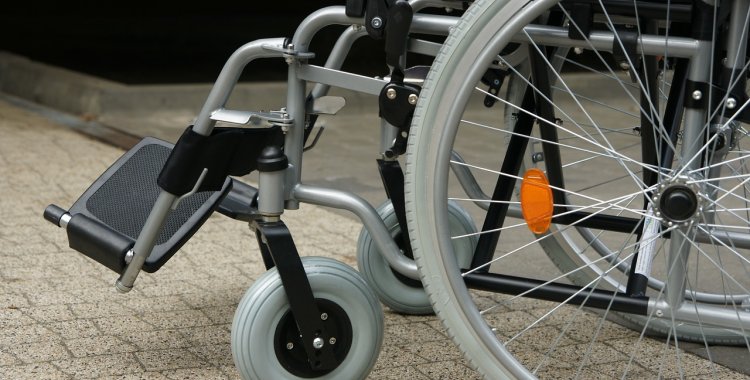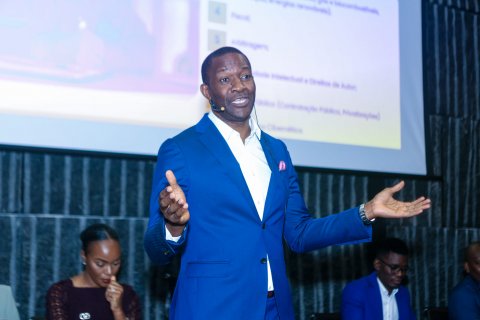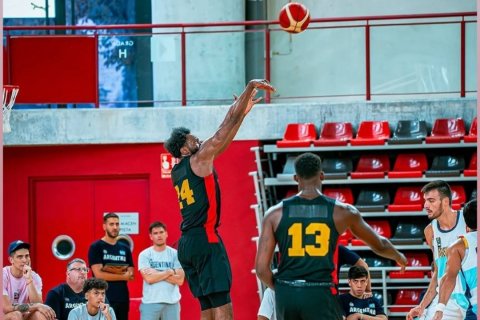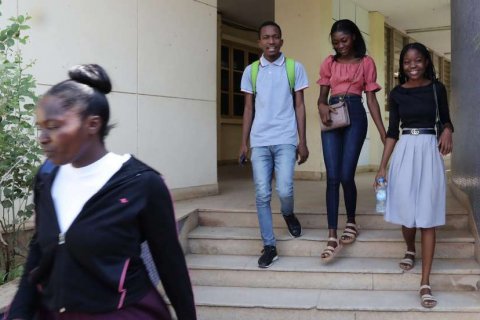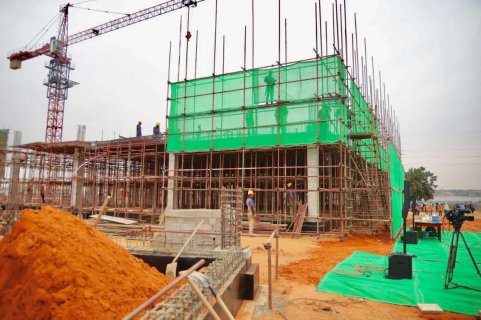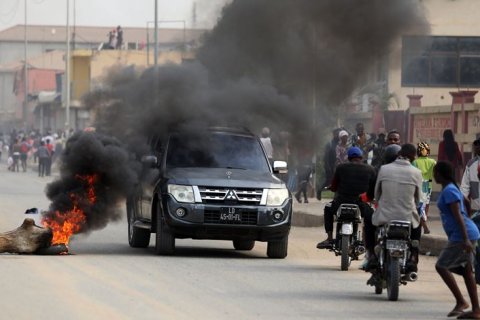According to the legal instrument, consulted this Friday by Lusa, whose ratification was approved on Thursday by the Angolan parliament, it should also establish a "universal concept for all new infrastructures".
Buildings, roads, transport and other facilities both outdoors and indoors, including schools, housing, medical facilities and workplaces must be accessible to persons with limited mobility in light of the protocol.
"Every person with a disability has the right of free access to the physical environment, transport, information, including communication technologies and systems and other facilities and services open or provided to the general public", reads the protocol.
States parties "must take reasonable and progressive legal measures to facilitate the full enjoyment of this right by persons with disabilities" and these "must apply in rural and urban areas and take into account the diversities of the population".
Information, communications, sign language and tactile interpretation services, automatic writing system in Braille, audio services and other services, including electronic and emergency services are also among the measures.
Appropriate measures and offer adequate support and assistance to victims of harmful practices, namely "legal sanctions, educational and awareness campaigns, with a view to eliminating harmful practices perpetrated against persons with disabilities, including witchcraft, abandonment, concealment, ritual killings or association from disability to omens" should also be developed by States Parties.
The legal instrument further urges States to take measures to "discourage stereotypical views" about the abilities, appearance or behavior of persons with disabilities and to prohibit the use of derogatory language against persons with disabilities.
The Protocol to the African Charter on Human and Peoples' Rights on the Rights of Persons with Disabilities in Africa, ratified by Angola, also determines the right to liberty and personal security for every person with a disability.
In this field, persons with disabilities must be forcibly confined or otherwise hidden by any person or organization, but protected, inside or outside their home, against all forms of exploitation, violence and abuse.
For the Government, the present protocol, composed of 44 articles, aims to "promote, protect and ensure that all individuals with disabilities can fully and equally enjoy all human rights and ensure respect for their inherent dignity of the human person" .
An explanatory note signed by the Minister of Justice and Human Rights, Francisco Queirós, states that accession to the protocol "will allow the Angolan State to promote cooperation at international, continental, sub-regional and bilateral levels in strengthening capacities on issues relating to people with disabilities".
"Through the exchange of survey results, technical, human and financial resources, information and good practices", refers in the note, to which Lusa had access this Friday.
Accessibility laws, passed in 2016, for the disabled, passed in 2012, and presidential decrees that regulate the reservation of vacancies and procedures for hiring people with disabilities and on the intervention strategy for the social inclusion of children with disabilities and the disability protection strategy are included in the Angolan legal system.

